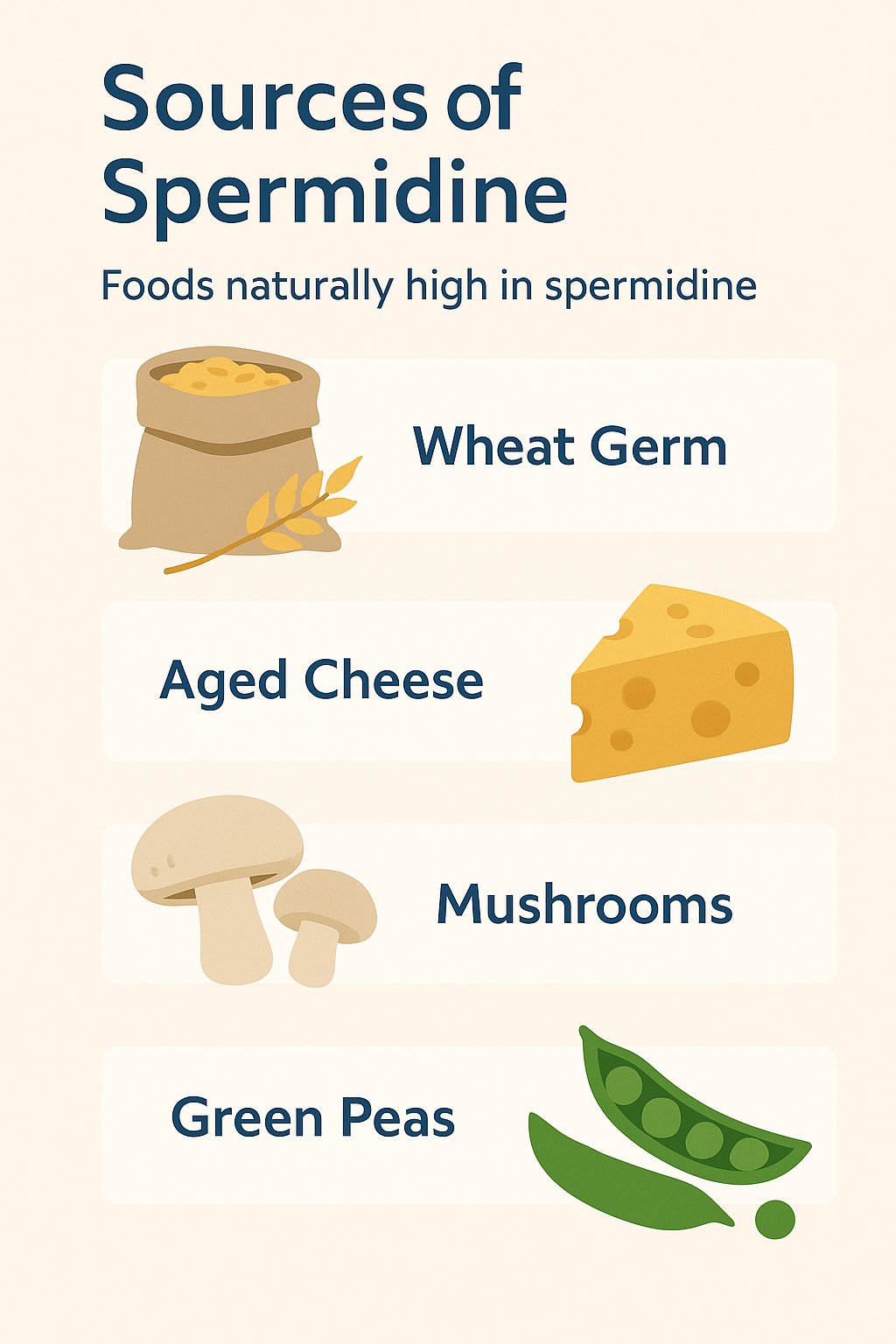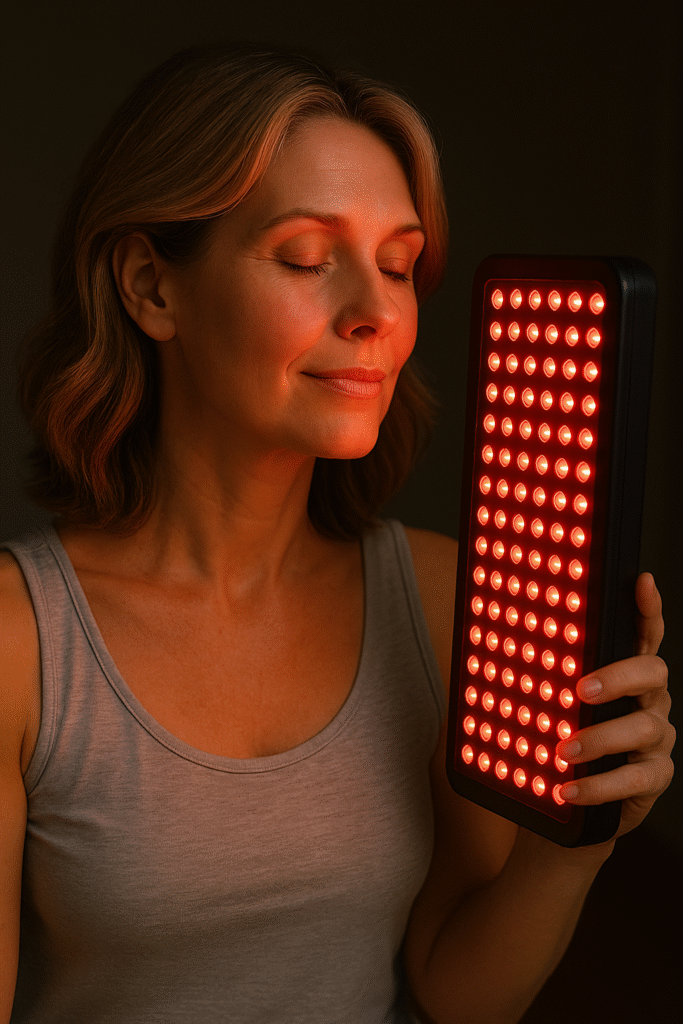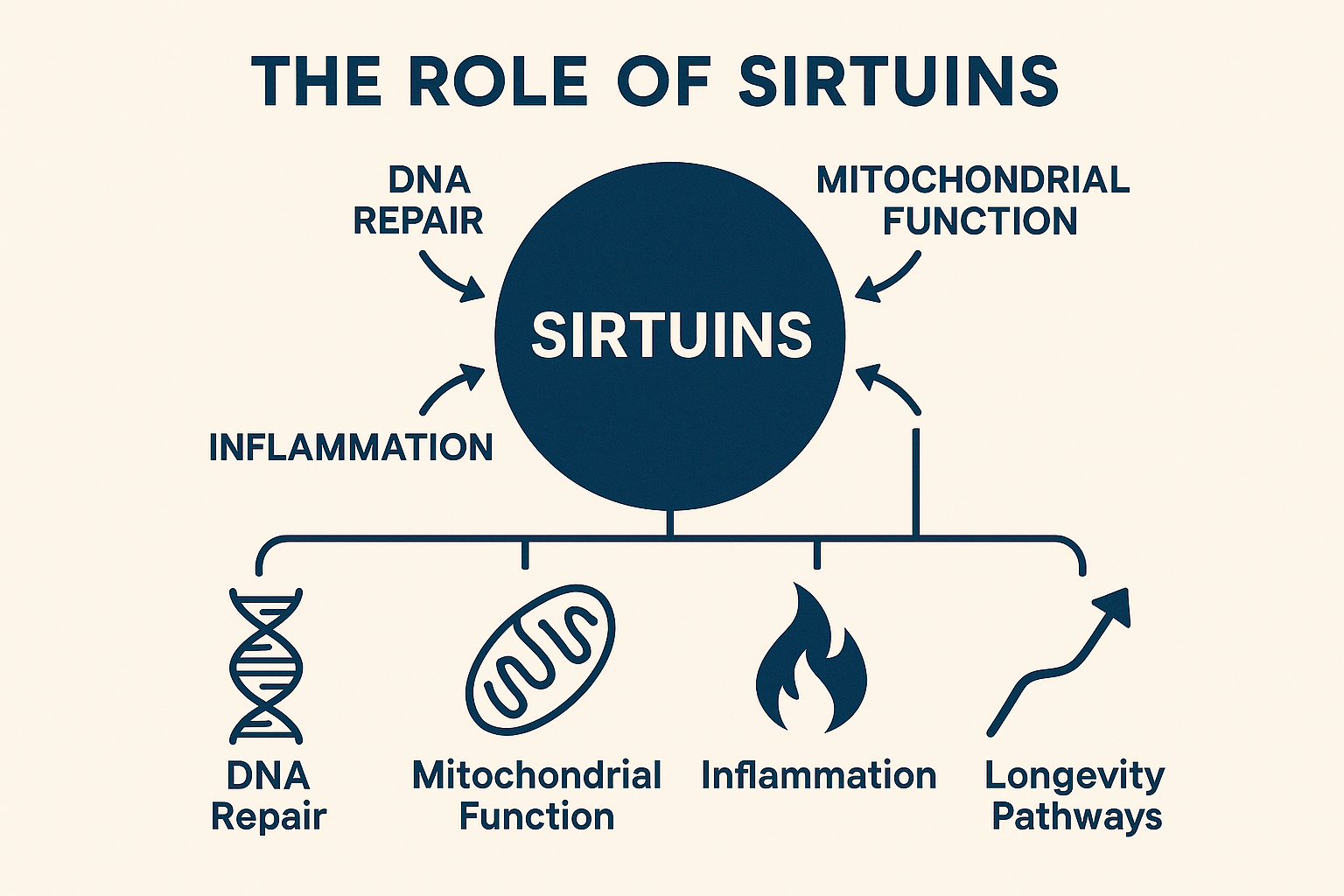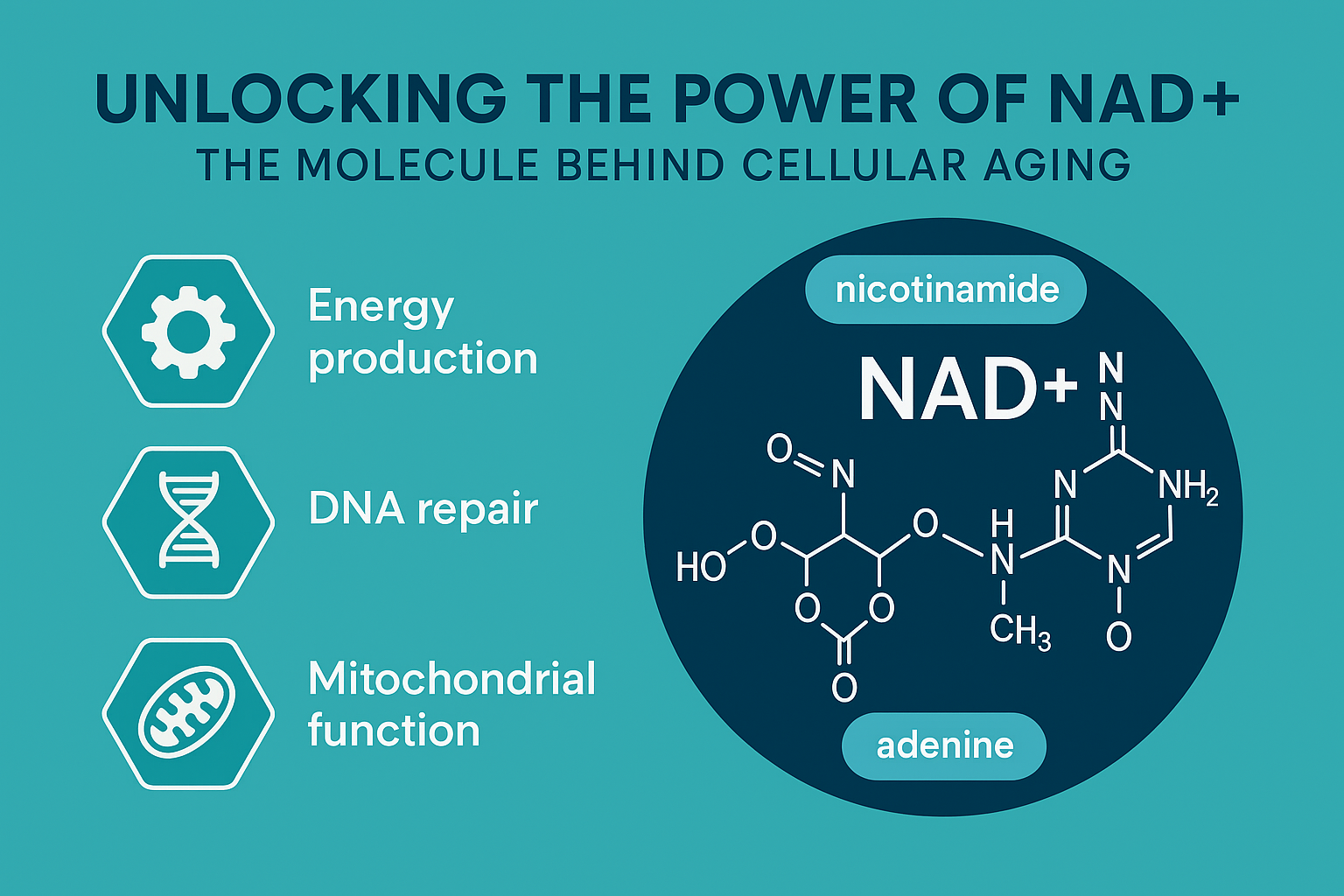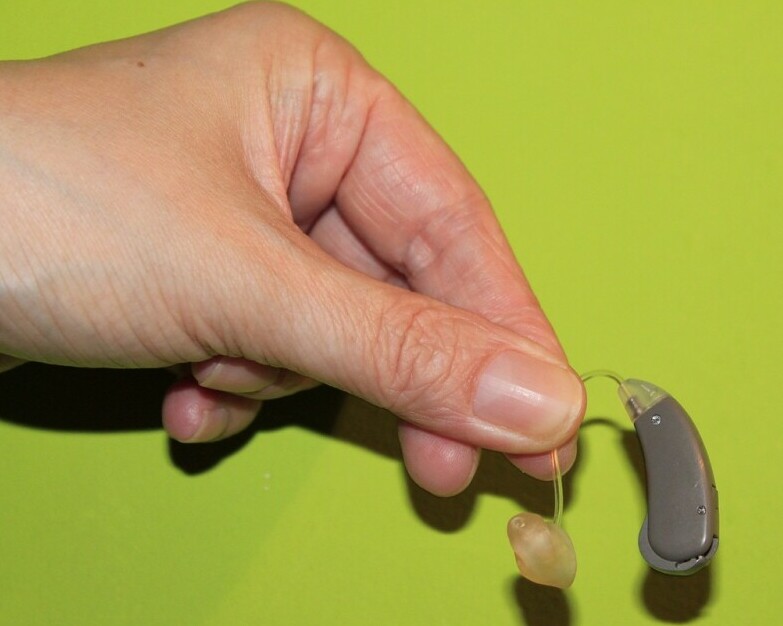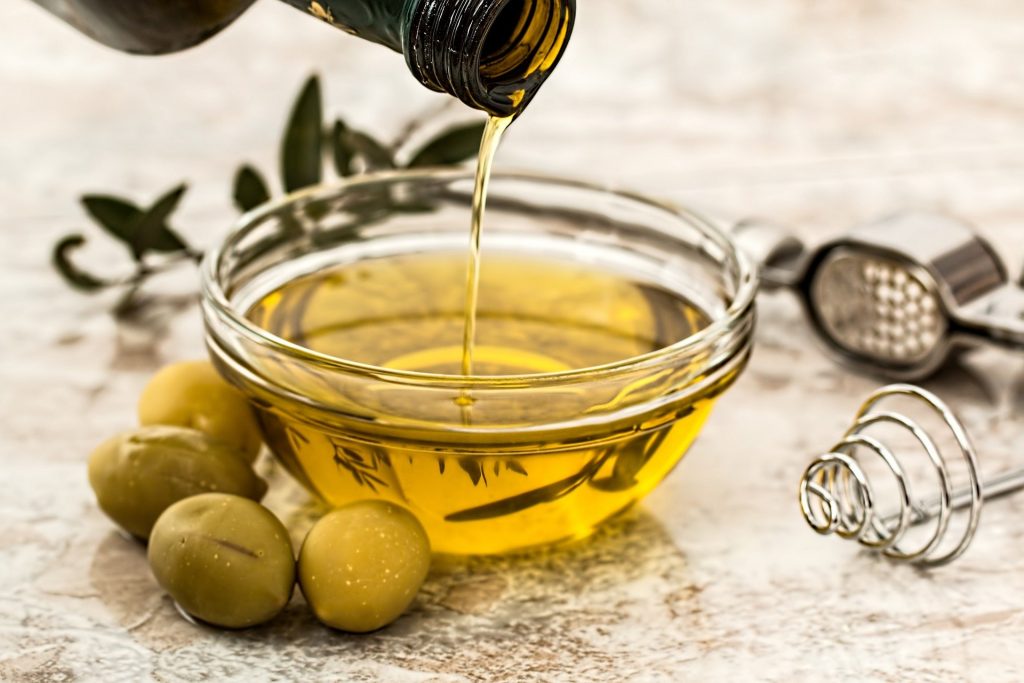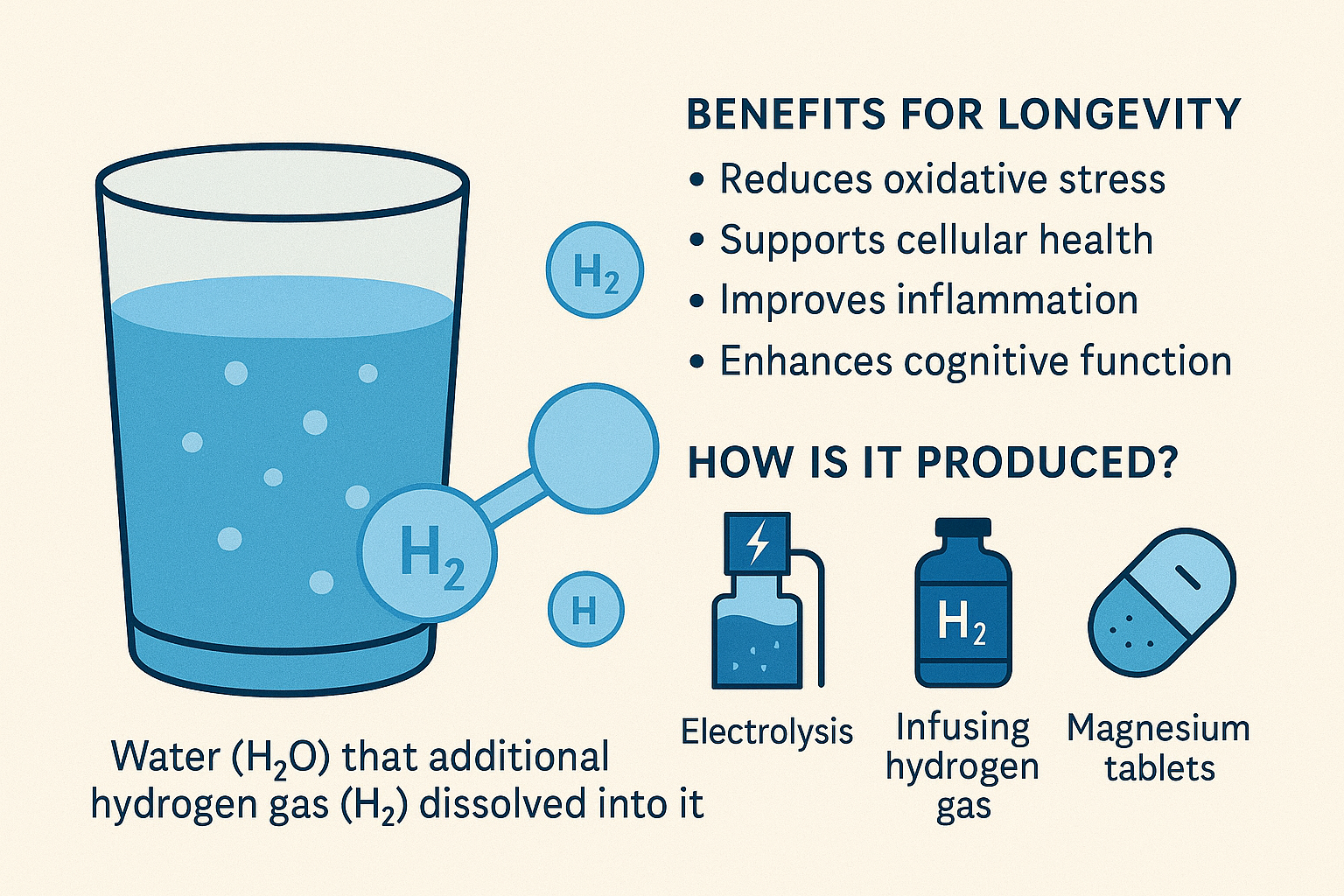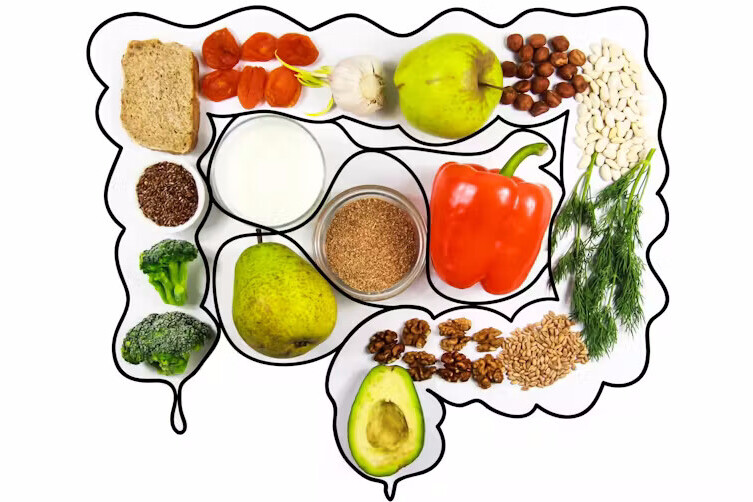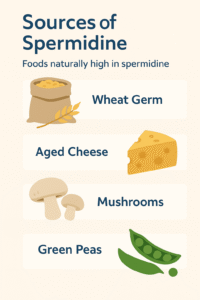Have you ever wondered if the food on your plate can affect more than just your waistline? I’m here to tell you that what you eat has a profound impact on the health of your eyes. The connection between diet and vision health isn’t just about carrots and their reputation for helping you see in the dark; it’s rooted in science.

Vitamins A, C, and E are like the superheroes of eye health. They team up with minerals like zinc to defend against vision thieves such as age-related macular degeneration and cataracts. Vitamin A, in particular, is integral in maintaining your night vision and ensuring that your eyes can adapt to changes in light.
Then there are the antioxidants—think of them like the bodyguards of your cells. They fight off free radicals that can harm the retina, the part of your eye that’s responsible for translating light into the images you see. An adequate intake of these nutrients is not just a recommendation but a necessity for preserving your vision.
So, what should you be nibbling on for optic optimization? Load up on leafy greens like spinach and kale; they’re packed with lutein and zeaxanthin, two nutrients that are literally eye candy for your peepers. Fish, especially salmon, is swimming with Omega-3 fatty acids that contribute to visual development and the health of the retina. Eggs, nuts, and citrus fruits are also part of the eye-protective brigade.

Now, you might be thinking that a good diet alone is enough to keep those eyes in tip-top shape. But guess what? There’s more to it. Lifestyle plays a huge role, too. And that’s what I’m going to help you with next. From fighting the urge to smoke to cutting back on cocktails, there are several turns you can take on the road to better vision health.
Lifestyle Adjustments for Enhanced Vision Health
You might not think about how your daily habits affect your eyes, but they play a bigger role than you’d expect. Making some key lifestyle changes can help protect and improve your vision over time.
If you smoke, here’s another reason to consider quitting: smoking is linked to a higher risk of developing cataracts, optic nerve damage, and macular degeneration, all of which can harm your vision.
When it comes to alcohol, moderation is key. Excessive drinking can lead to toxic optic neuropathy, a condition where harmful levels of alcohol consumption cause vision damage.
Now, let’s talk exercise. Physical activity isn’t just good for your waistline; it also helps reduce the risk of conditions like type 2 diabetes, which is the leading cause of blindness in adults. Aim for at least 30 minutes of moderate exercise most days of the week.
In our digital world, screen time often takes up a major part of our day. This can lead to digital eye strain with symptoms like headaches, blurred vision, and neck pain. Remember to follow the 20-20-20 rule: every 20 minutes, look at something 20 feet away for at least 20 seconds.
You also need to shield your eyes from the sun’s ultraviolet rays, which can increase the risk of cataracts and macular degeneration. Always wear sunglasses with complete UV protection and a wide-brimmed hat when you’re outdoors.
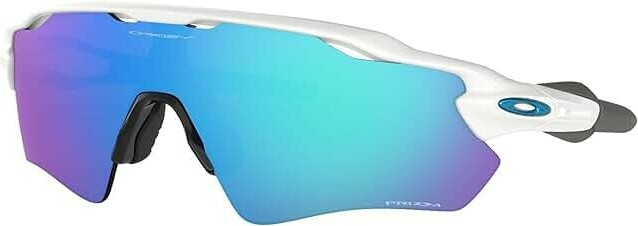
By making these adjustments to your daily routine, you can help keep your eyes in top shape. Next, we’ll tackle some common barriers and provide tips to easily include these eye-healthy practices into your lifestyle, no matter how hectic it may be.
Understanding and Overcoming Obstacles to Healthy Vision
Navigating the journey toward healthier vision isn’t without its hiccups. I’m going to highlight some of the common hurdles you might face, along with solutions to help you keep your eyes on the prize – literally.
If you’re finding it tough to embrace new vision-healthy habits, you’re not alone. Busy lifestyles can derail even the best intentions. But don’t worry too much about overhauling your routine overnight. Start small like using a blue screen at night to limit the glare to prevent eye strain. Choose something that resonates with you, like swapping out a snack for a carrot or scheduling regular breaks during screen time.
There’s a lot of opportunity in education – understanding what’s good for your eyes is crucial. But be cautious; misinformation is as common as it is damaging. I’m here to help you with identifying the gold from the glitter. Stick to established health sites, peer-reviewed journals, and don’t hesitate to ask your eye doctor for advice.
And speaking of professionals, remember your eye doctor is your partner in this journey. If you’re noticing changes in your vision, or if it’s been a while since your last check-up, make the appointment. They can offer personalized advice that no article can match.
Today, I’m going to leave you with this thought: Your vision is priceless, and taking steps to protect it doesn’t have to be overwhelming. By embracing the slow and steady approach, you can always adjust your approach down the road as your lifestyle and needs evolve. Here’s to clear sights and bright days ahead!
Disclaimer: All the content on this site is for informational purposes only, does not constitute medical advice, and does not establish any kind of patient-client relationship by your use of this website. I am not a health care professional. The information, including but not limited to text, graphics, images and other material contained on this website are for informational purposes only. No material on this site is intended to be a substitute for professional medical advice, diagnosis, or treatment. Before starting any new regimen, supplement, diet, or program, it is crucial to consult with a healthcare professional to ensure it is safe and suitable for your individual health needs and circumstances. Here’s a little transparency: This website also contains affiliate links. This means if you click and make a purchase, we may receive a small commission. Don’t worry, there’s no extra cost to you. It’s a simple way you can support our mission to bring you quality content.


